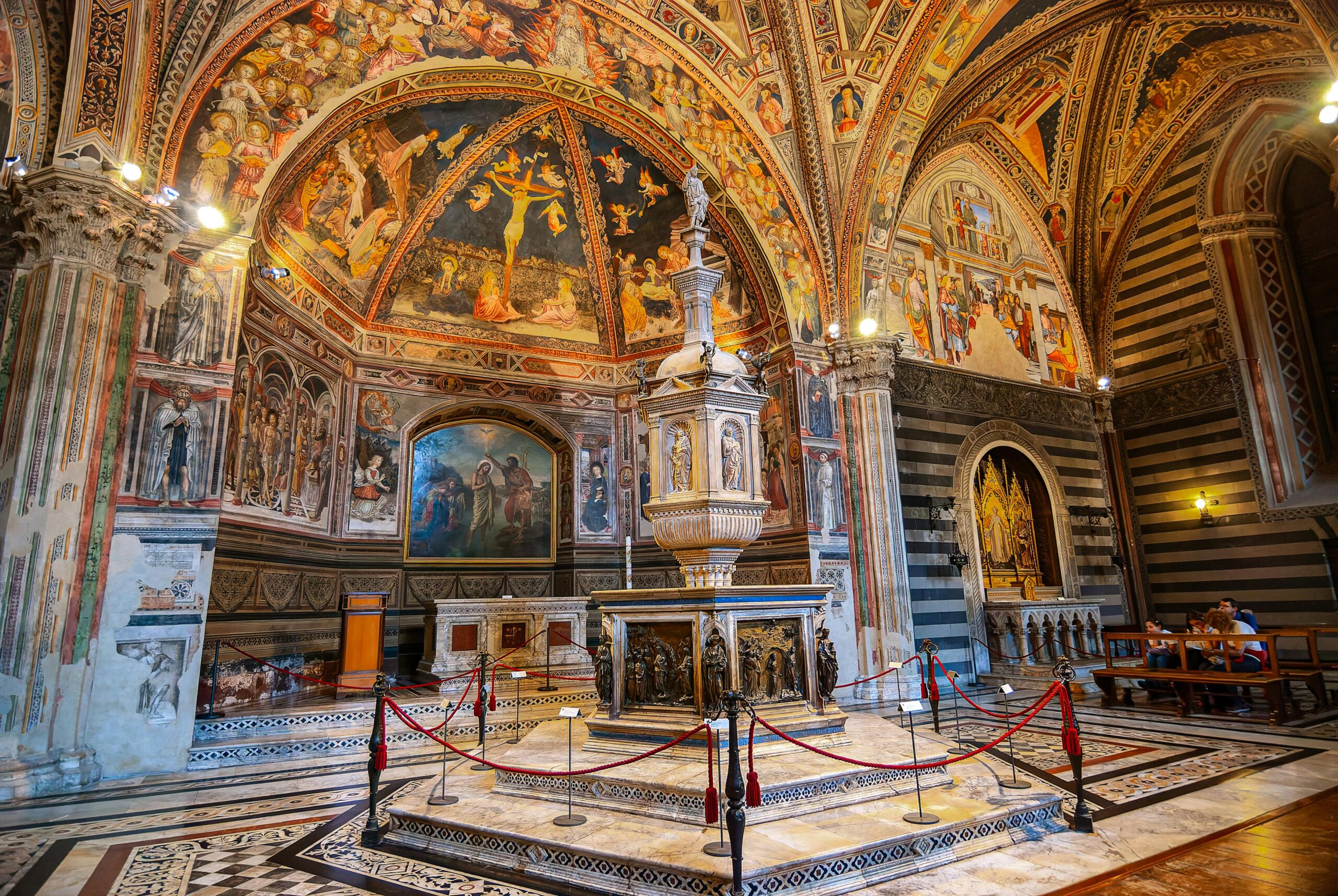Introduction
Pilgrimage has been a significant spiritual practice in Christianity for centuries. Many believers embark on sacred journeys to deepen their faith, seek divine intervention, or experience a profound sense of connection with their religious heritage. Different Christian denominations, including Catholics, Protestants, and Orthodox Christians, view and experience pilgrimages uniquely. This article explores the spiritual effects of pilgrimage on pilgrims from various Christian traditions, highlighting the commonalities and differences in their experiences.
The Significance of Pilgrimage in Christianity
Pilgrimage holds deep spiritual meaning across Christian denominations. Historically, believers have traveled to sacred sites such as Jerusalem, Rome, Santiago de Compostela, and Lourdes to honor biblical events, saints, or miracles. These journeys often serve as acts of devotion, penance, or renewal of faith.
For Catholics, pilgrimage is deeply rooted in tradition and often associated with indulgences and veneration of relics. Sites like the Vatican or Lourdes are visited to seek healing or blessings. Orthodox Christians emphasize the mystical aspects of pilgrimage, often journeying to Mount Athos or the Holy Land to experience divine presence. Many Protestant denominations, while historically less focused on physical pilgrimage, have embraced visits to significant Reformation sites or biblical locations as educational and spiritual experiences.
Spiritual Effects of Pilgrimage
1. Strengthening of Faith and Religious Commitment
Pilgrimage often leads to a renewed commitment to faith. Pilgrims immerse themselves in prayer, scripture reading, and participation in religious ceremonies, which deepens their spiritual connection. Many report experiencing divine encounters that reinforce their beliefs.
2. Emotional and Psychological Healing
Sacred sites are often associated with miracles and healing. Places like Lourdes attract millions seeking physical and emotional restoration. Many pilgrims describe a sense of peace, hope, and comfort upon visiting these sanctuaries.
3. Community and Fellowship
Pilgrimage fosters a sense of unity among believers. Whether walking the Camino de Santiago or joining a group tour to the Holy Land, the shared journey strengthens bonds among pilgrims from different backgrounds. Inter-denominational encounters can promote greater understanding and Christian unity.
4. A Sense of Historical and Biblical Connection
Visiting locations mentioned in the Bible, such as Bethlehem or the Sea of Galilee, brings scripture to life. Many pilgrims feel a profound sense of connection to their faith’s history, making biblical teachings more tangible and relatable.
5. Personal Transformation and Spiritual Awakening
Pilgrimage is often a transformative experience, prompting self-reflection, repentance, and spiritual renewal. Many pilgrims return home with a stronger sense of purpose and a deeper commitment to Christian values.
Differences in Pilgrimage Experience Among Denominations
- Catholics: Often emphasize relics, Marian apparitions, and the intercession of saints. Pilgrimage sites like Fatima or Lourdes hold significant importance.
- Orthodox Christians: Focus on monastic visits, icons, and sacred relics. Pilgrimages are often linked to ascetic practices and deep prayer.
- Protestants: While historically less inclined toward pilgrimage, many now visit Reformation sites, the Holy Land, and significant biblical locations as a means of spiritual enrichment.
Conclusion
Pilgrimage continues to be a powerful spiritual practice across Christian denominations. While the experiences and theological emphases may vary, the transformative effects remain profound. Whether seeking divine connection, healing, or historical insight, Christian pilgrims find their faith strengthened through these sacred journeys. In an increasingly secular world, pilgrimage remains a testament to the enduring power of spiritual devotion and religious heritage.




